There will be more than 2.4 million golf carts on the road around the world, according to the Golf Cart Organization of America. Converting golf carts to lithium batteries increases range 3 times, extends life 5 times, and reduces weight by 60%. In this article, we’ll help you understand the signs to replace your golf cart battery, the pros of switching over to lithium batteries, and how to convert a golf cart to lithium batteries.
Signs for Converting Golf Cart to Lithium Battery
Battery leakage, reduced voltage, dropped capacity, and deterioration of electrolyte health are signs to convert a golf cart to lithium battery.
1. The battery is leaking or corroding. Check whether the battery is physically damaged, battery leakage, or corrosion.
2. Reduced voltage. Measure the voltage of each battery with a digital voltmeter. A fully charged battery should have a voltage of around 12.6 ~12.8 volts.
3. Battery capacity drops under load. Perform a load test to determine the battery’s ability to keep a charge under a heavy load. This is usually done with a battery load tester, which matches the power needs of a golf cart. Weak batteries will show a considerable reduction in voltage during the load test.
4. Deterioration of electrolyte health. Measure the battery liquid to rate the health of lead-acid batteries. A hydrometer can measure the specific weight of the battery liquid. If that weight falls below the required values, it may be time to replace your battery.
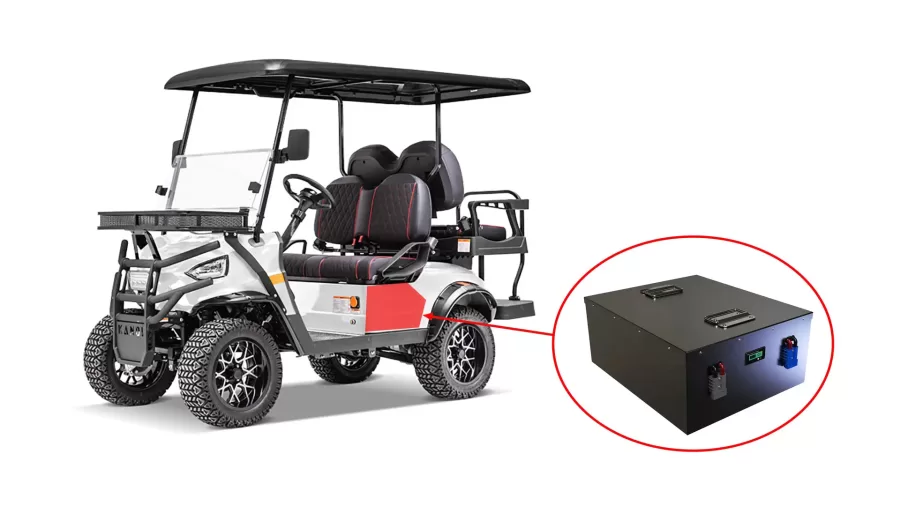
Pros of Converting a Golf Cart to Lithium Batteries
Upgraded Safety, enhanced power, longer lifespan, faster charging, and lightweight and space-efficient design are advantages of converting a golf cart to lithium batteries.
Upgraded Safety: Converting the golf cart to lithium batteries adds a battery management system (BMS) and thermal management technology. It can avoid overcharging, over-discharging, and high temperature, and reduce safety risks.
Enhanced Performance and Power: Lithium battery conversions are popular because of provide better performance and power, compared to standard lead-acid batteries. Lithium batteries have a higher energy density with a smaller battery dimension and a lighter battery size. Golf cart owners enjoy improved range performance, making their experience more fun.
Longer Lifespan and Durability: Lithium batteries have a much longer lifespan than lead-acid batteries. It means that you can save money on battery replacements in the long run. A typical lithium battery can last up to 10 years, while a lead-acid battery lasts 3-5 years. Lithium batteries have better bearing capacity for vibration and impact, making them a reliable choice for golf carts.
Faster charging: Lithium batteries charge up to 80% in just 30 minutes, while lead-acid batteries take several hours to charge. Lithium batteries charge much faster than lead-acid batteries. Fast charging is useful in businesses with an ongoing workforce of golf carts, ensuring efficient operations. This means that you can spend less time waiting for your lithium golf cart to charge.
Lightweight and Space-Efficient Design: Lithium batteries are much lighter than lead-acid batteries. This can improve the performance of your golf cart and make it easier to transport. A typical lead-acid golf cart battery weighs around 100 pounds, while a lithium battery weighs around 50 pounds. Likewise, lithium batteries have a smaller physical waste, which offers more space in the design and build of the golf cart.
Eco-Friendly and Maintenance-Free: The main element of lithium batteries is Li-ion.It is better for the environment. Furthermore, it does not require regular care such as water refills, equalization charges, or cleaning, reducing environmental concerns connected to standard batteries.
How to Convert a Golf Cart to Lithium Batteries
Key steps to convert a golf cart to lithium batteries: Choose a suitable lithium battery, install BMS, design battery layout, optimize connection structure, construct thermal management system, adapt electrical system, safety testing.
1. Choose a suitable lithium battery. Based on the power requirements of the golf cart, choose a lithium battery with matching capacity and voltage. For example, for the common 48V or 72V voltage, the preferred lithium battery capacity is between 8-12kWh.
2. Install a battery management system (BMS). BMS can monitor the voltage, current, and temperature of the battery in real time. It realizes battery balancing, overcharge, and over-discharge protection, ensuring safe operation.
3. Design the battery pack layout. Take a modular battery pack design based on the shape of the golf cart’s chassis, such as a flat, stacked layout. It can make full use of space, lower the center of gravity of the golf cart, and improve driving stability.
4. Optimize connection and protection structure. Battery modules are connected with high-conductivity copper or aluminum bars, reducing energy loss. A sturdy aluminum alloy shell prevents a battery short circuit from causing fire.
5. Construct a thermal management system. Choose air cooling or liquid cooling based on the power of the golf cart. Arrange the temperature sensors for the battery pack to monitor the golf cart’s performance.
6. Adapt the electrical system. Ensure the lithium battery is compatible with the electrical systems of the golf cart, such as the drive motor, controller, and lighting. Make electrical connections and perform debugging to ensure smooth operation.
7. Safety performance Testing: Conduct tests on the golf cart, including short-circuit, overcharge, and over-discharge protection, fire and explosion prevention. It is critical to ensure the safety of the golf cart.
Choose a Lithium Battery Manufacturer for Converting a Golf Cart
Quality control, advanced technology, competitive pricing, and customer service are vital factors when choosing a battery manufacturer for golf cart battery conversion.
Quality Control: When choosing a golf cart battery manufacturer, look for one with strict quality control management systems in place, ensuring every battery reaches the highest industry standards.
Expertise & Advanced Technology: An ideal manufacturer should use the latest technology and have a team of engineering experts ready to assist you with your specific battery needs.
Competitive Pricing: Reputable suppliers should be able to provide competitive prices and high-quality products, not one or the other.
Customer Service: To meet the demands of the golf cart industry, your manufacturer should provide dependable performance while ensuring client happiness and trust. They should treat you and your business as a long-term partner, not a one-time customer.
12V Golf Cart: What Changes When Converting to Lithium Batteries?
Battery management system, grade A LiFePO4 cells, Bluetooth capability, long cycle life, temperature protection, 5-Year warranty are major changes when converting a 12V golf cart to lithium batteries.
A Battery Management System (BMS): 12-volt Golf cart batteries come equipped with a built-in Battery Management System (BMS). This BMS protects against overcharging, over-discharging, over-current, and short-circuiting. Additionally, it includes features such as high-temperature cut-off and low-temperature charge protection.
Grade A LiFePO4 Cells: Golf cart batteries are manufactured using Grade A LiFePO4 cells, which offer a high energy density, no memory effect, and a more stable and powerful performance. These batteries also support IP66/IP68 waterproofing and allow for a maximum of 4 series connections and limited parallel connections. It is important to ensure that batteries have the same voltage before connecting them in series or parallel. This makes them ideal for a variety of golf carts, from small, personal carts to large, commercial carts.
Bluetooth Capabilities: Lithium batteries for golf carts are compatible with Bluetooth and can support communication through UART or 485 protocols.
A Long Cycle Life: 12V 100Ah smart lithium iron phosphate battery offers a remarkable cycle life, providing more than 6000 cycles at a depth of discharge (DOD) of 10%, and more than 2000 cycles at a DOD of 100%.
Temperature Protection: These batteries are designed with low-temperature cut-off protection for both charging (-10°C to 0°C) and discharging (-20°C to 4°C). This ensures optimal performance even in extreme temperatures.
A 5-Year Warranty: In addition to these benefits, 12V golf cart batteries are equipped with a 5-year/5000-cycle warranty, so our clients can rest easy knowing they’re taken care of.
If you’ve determined it’s time to make the switch from lead-acid to lithium for your golf cart battery conversion, we’re here to help. 12V golf cart batteries are the perfect solution for golf cart owners who are looking for high-performing, reliable, and long-lasting batteries.

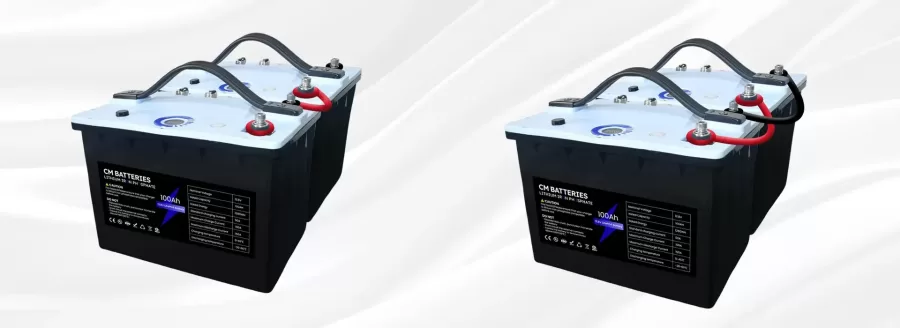

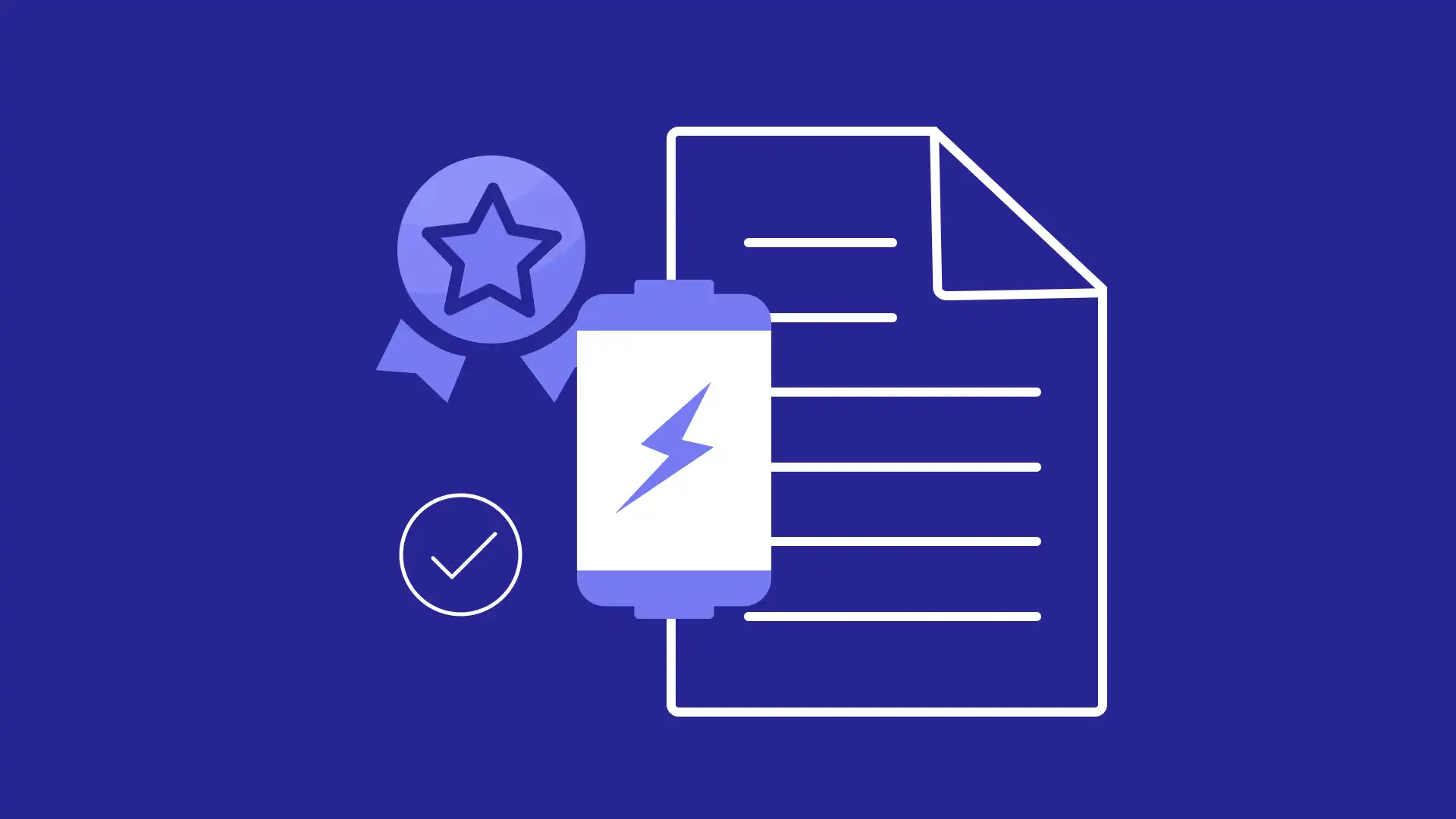
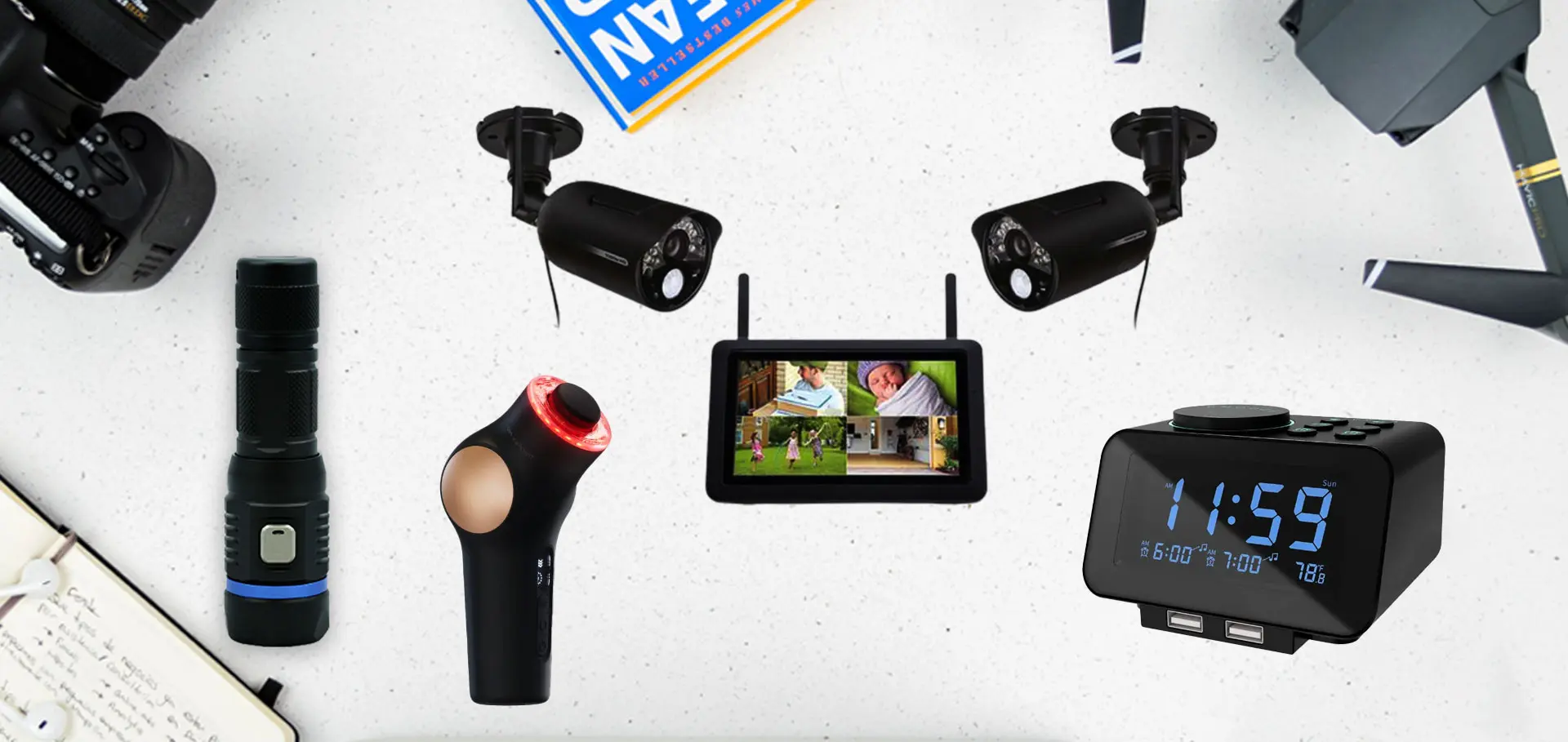
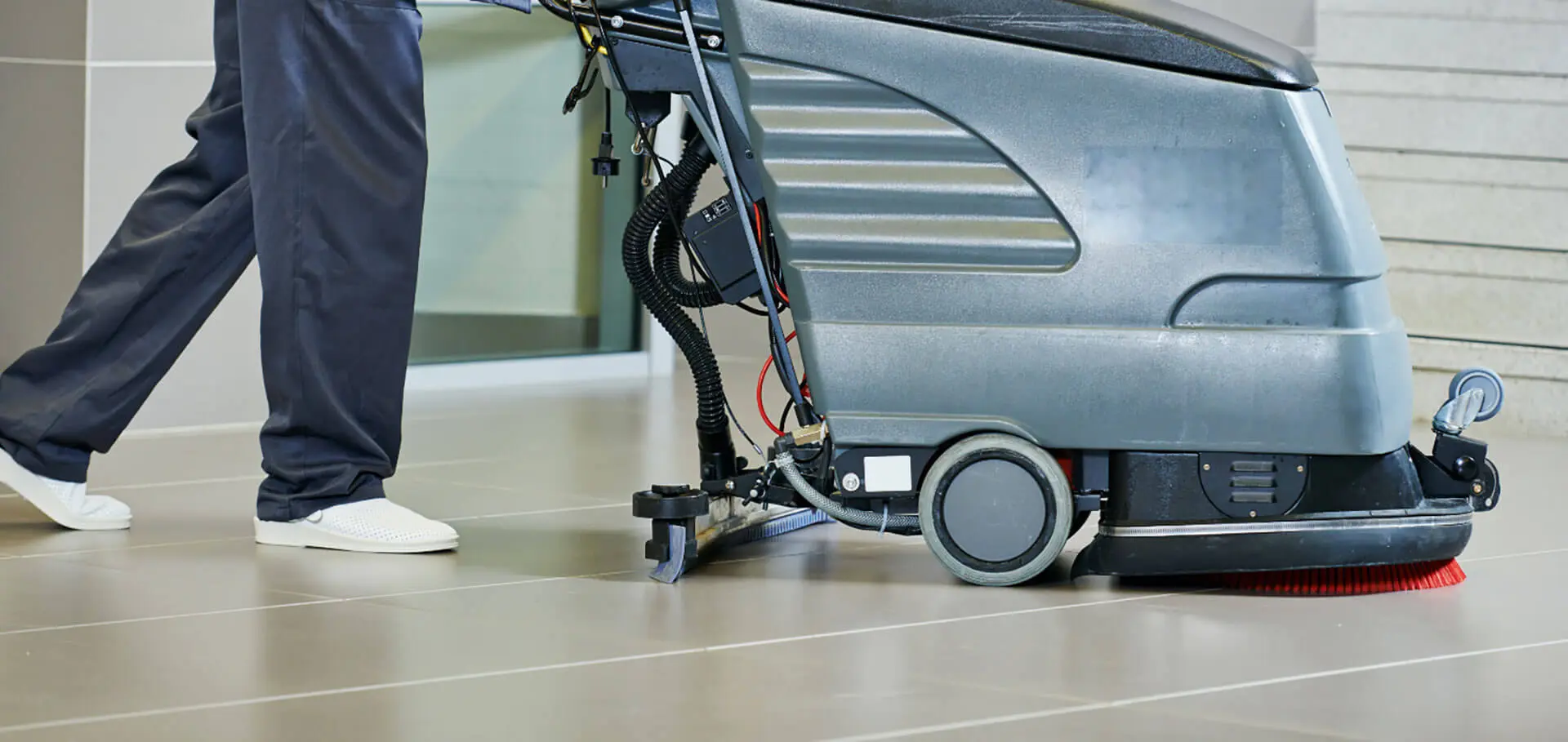
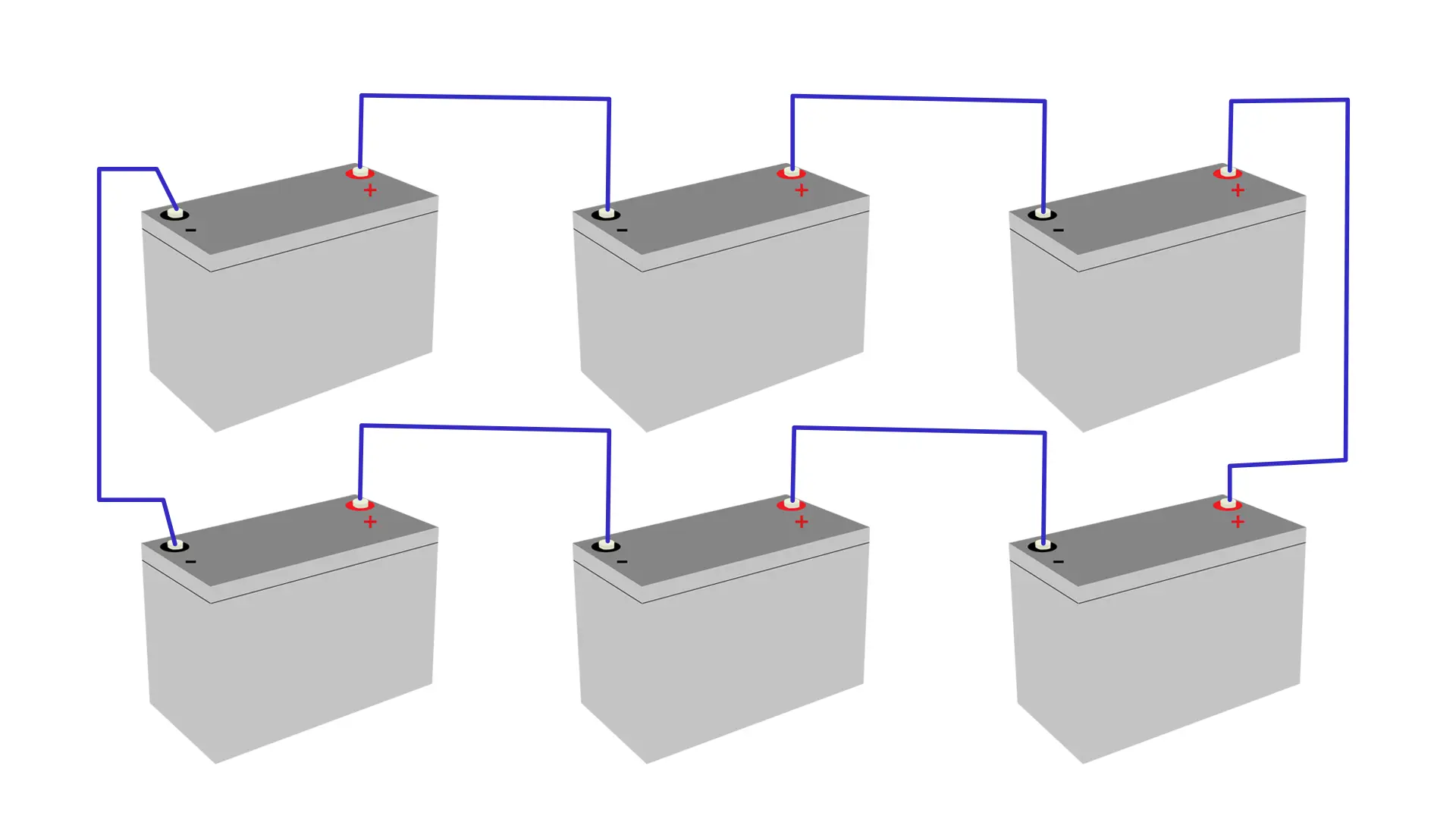
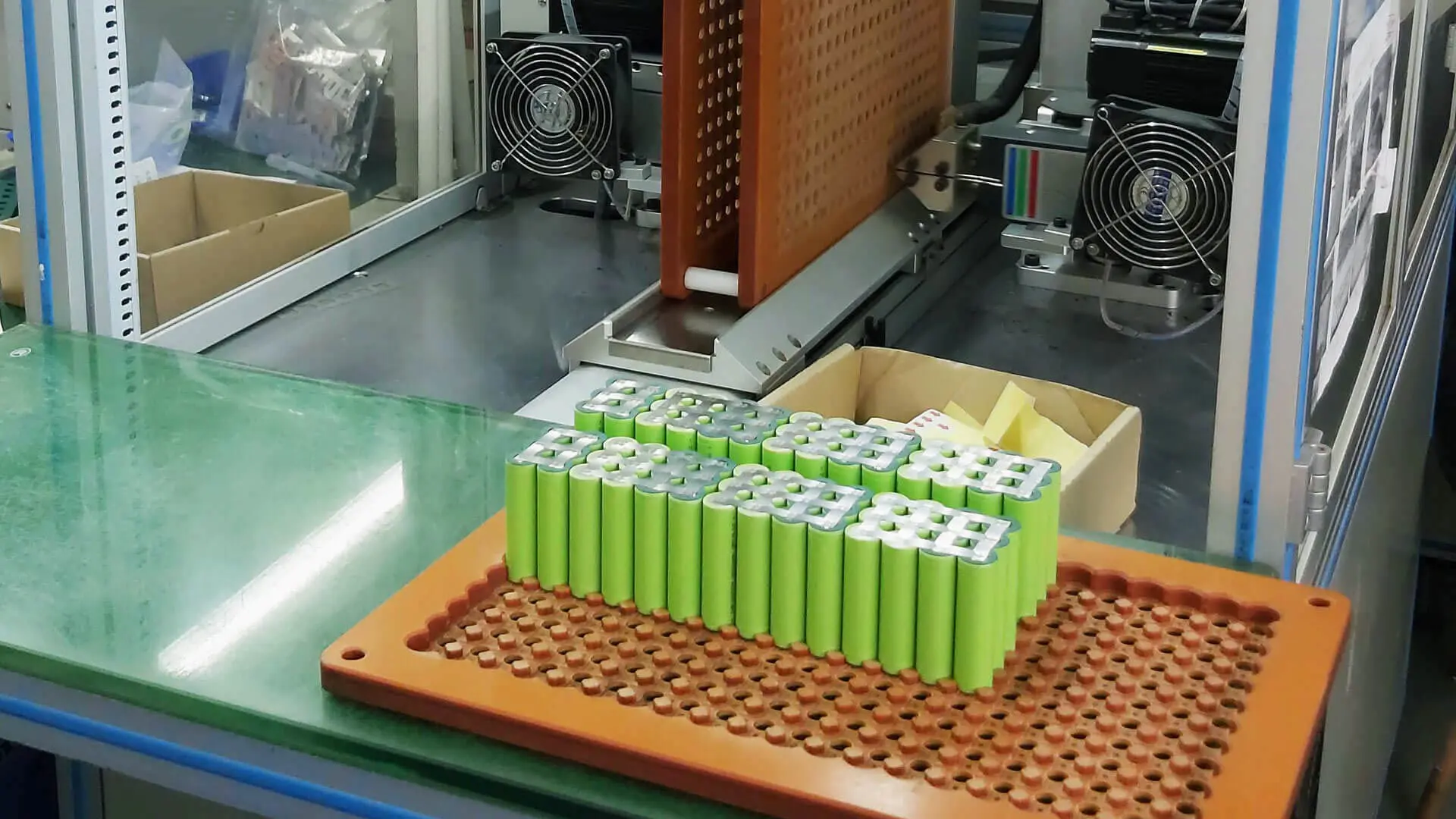
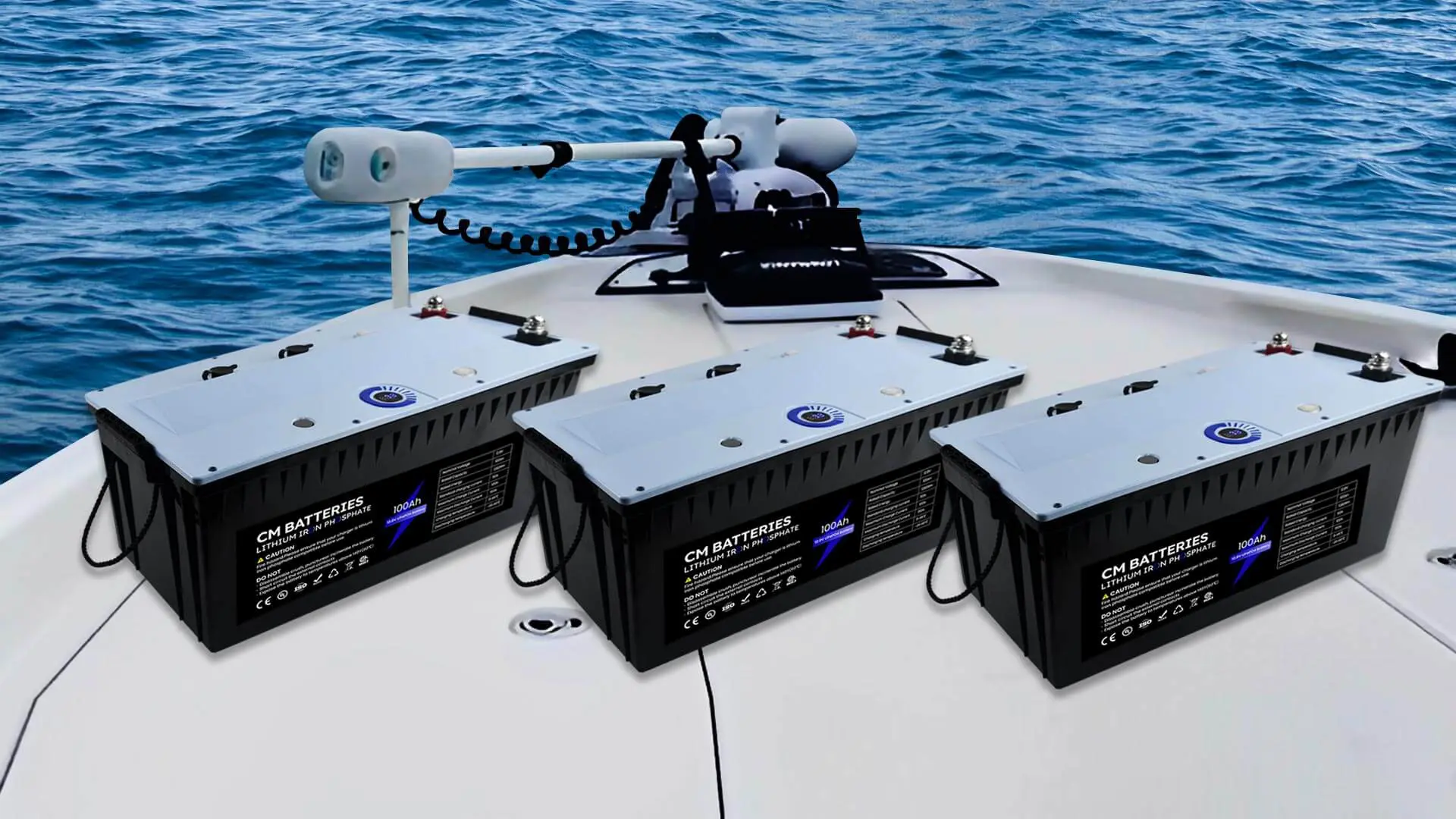




2 thoughts
Ik heb een clubcar met 4 x 12v accus. Wat zijn de mogelijkheden om deze om te bouwen naar lithium accu
Optie A: 48V Lithium-batterij (1x)
Voordelen:
Vervangt de hele 4x12V-set door één 48V lithium-batterij (bijv. 48V 30Ah–100Ah, afhankelijk van je bereik).
Eenvoudige installatie, minder bedrading, optimale prestaties.
Geschikt voor moderne Club Cars met 48V-systemen.
Let op:
Controleer of je controller en motor 48V aankunnen (meestal wel).
Optie B: 4x 12V Lithium-batterijen
Voordelen:
Drop-in vervanging voor de oude loodzuur-accu’s, geen systeemaanpassingen nodig.
Bijv. 4x 12V LiFePO4 (Lithium-ijzerfosfaat, bijvoorbeeld van EcoBatt, Battle Born).
Nadelen:
Minder ruimte- en gewichtsbesparing dan één 48V-batterij.